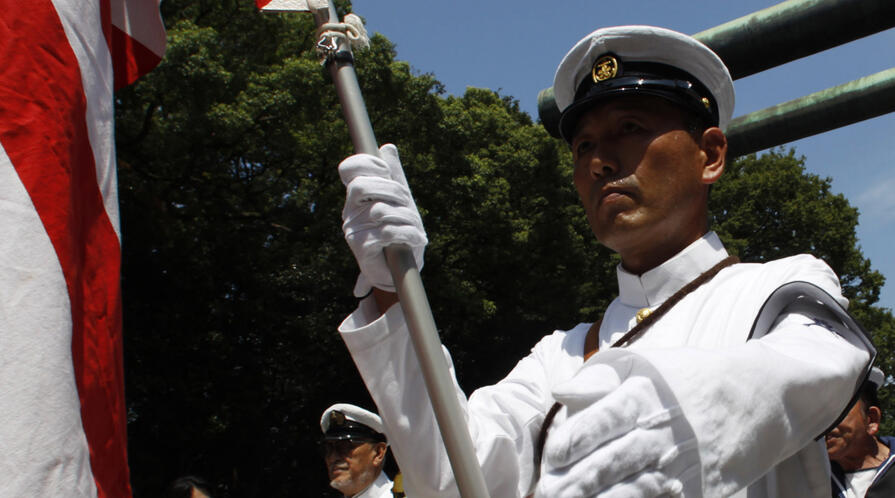Tides of nationalism rise in Asia, Stanford scholars offer historical lens

Relations between China, Japan and South Korea are at one of their worst points in recent history. Stanford scholars at the Shorenstein Asia-Pacific Research Center in the Freeman Spogli Institute have been sought for insight on why negative public sentiment toward each nation has grown – providing commentary to both local and international media.
The territorial disputes in the East China Sea and Japanese Prime Minister Shinzo Abe’s visit to Yasukuni Shrine have added to the growing friction. Reconciliation now seems a far prospect, and there is a real chance of an accidental spark setting off conflict. At the heart of the matter are propaganda or global ‘PR’ wars that those countries are waging, associate director for research Daniel C. Sneider says.
Shorenstein APARC director Gi-Wook Shin and Sneider lead the Divided Memories and Reconciliation project, an ongoing research initiative, that attempts to understand how historical memory of the World War II period came to exist, and in turn, informs people’s perspectives in Northeast Asia.
Shin and Sneider write in Foreign Affairs that wartime narratives cannot and will not easily change. They highlight urgent issues such as compensation for victims of forced labor in wartime Japan, and the coordination of public apologies.
On the Asan Forum, Shin says that the perception gap continues to widen between the countries. Historical memories are not only rooted in the colonial and wartime injustices, but more complex historical, cultural and political relations.
The United States may play a pivotal role in facilitating diplomacy and breaking through the stalemate of the reconciliation process. As U.S. President Barack Obama travels to Asia later this week, now is the time to confront the questions of history. Sneider makes a similar suggestion in the Washington Post, saying the United States should abandon its position of neutrality and step forward.
Research findings from the Divided Memories and Reconciliation project have been incorporated into a textbook and two volumes, one of which was co-edited with Daniel Chirot of the University of Washington. Confronting Memories of World War II: European and Asian Legacies (University of Washington Press, April 2014) compares the lasting influence of World War II in Asia and Europe. Sneider was interviewed upon the release of the book, covered by the Stanford Report.
